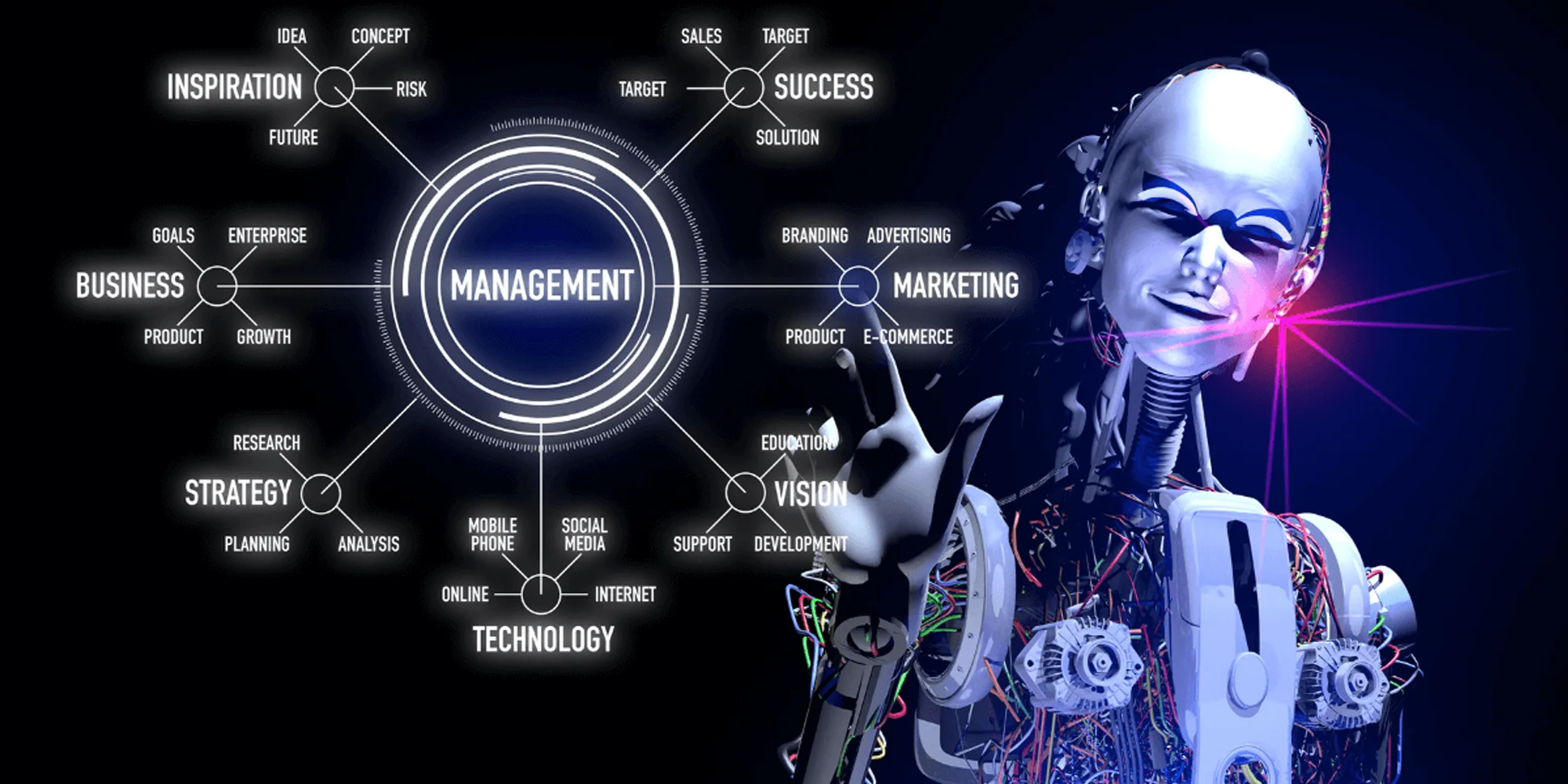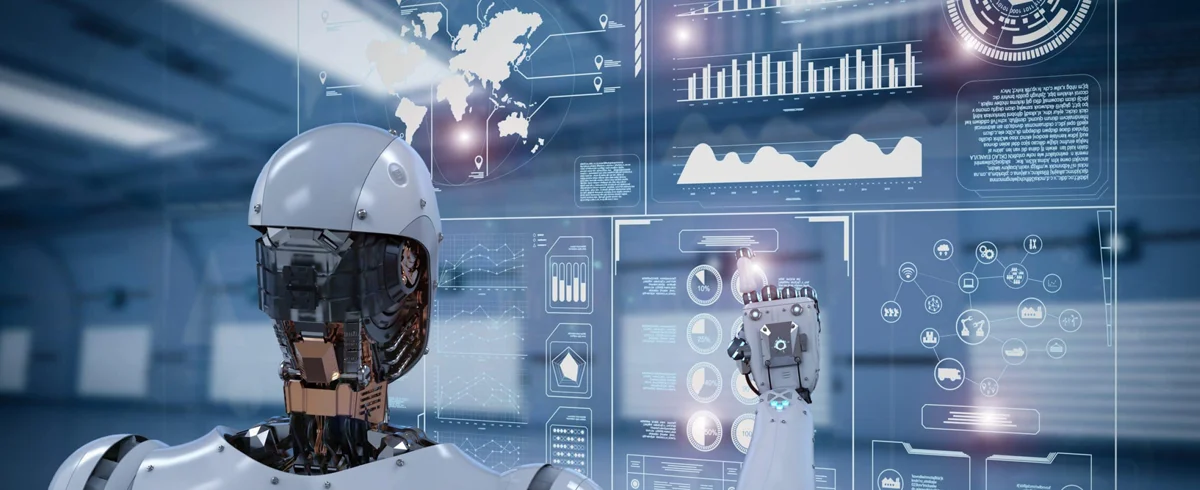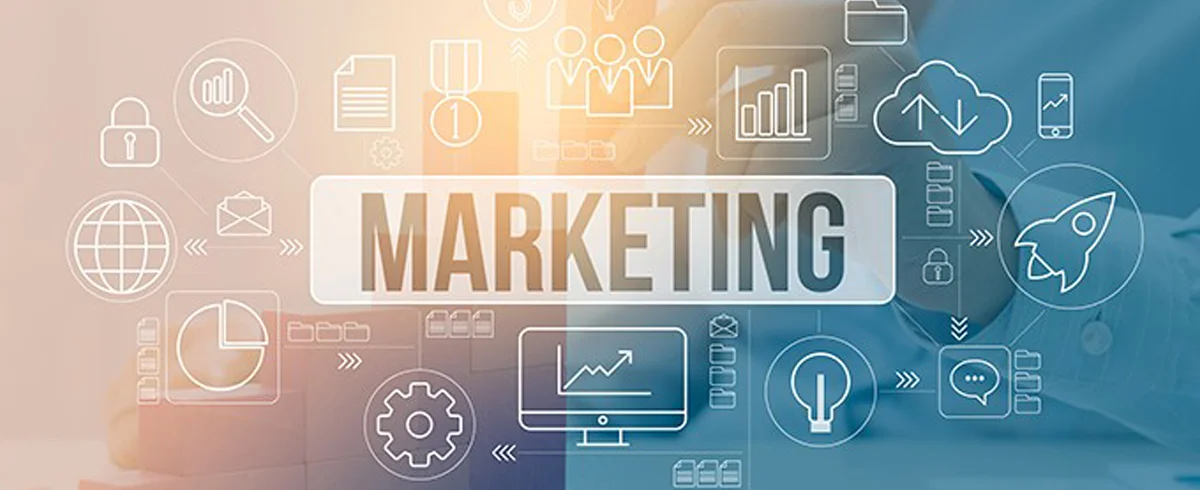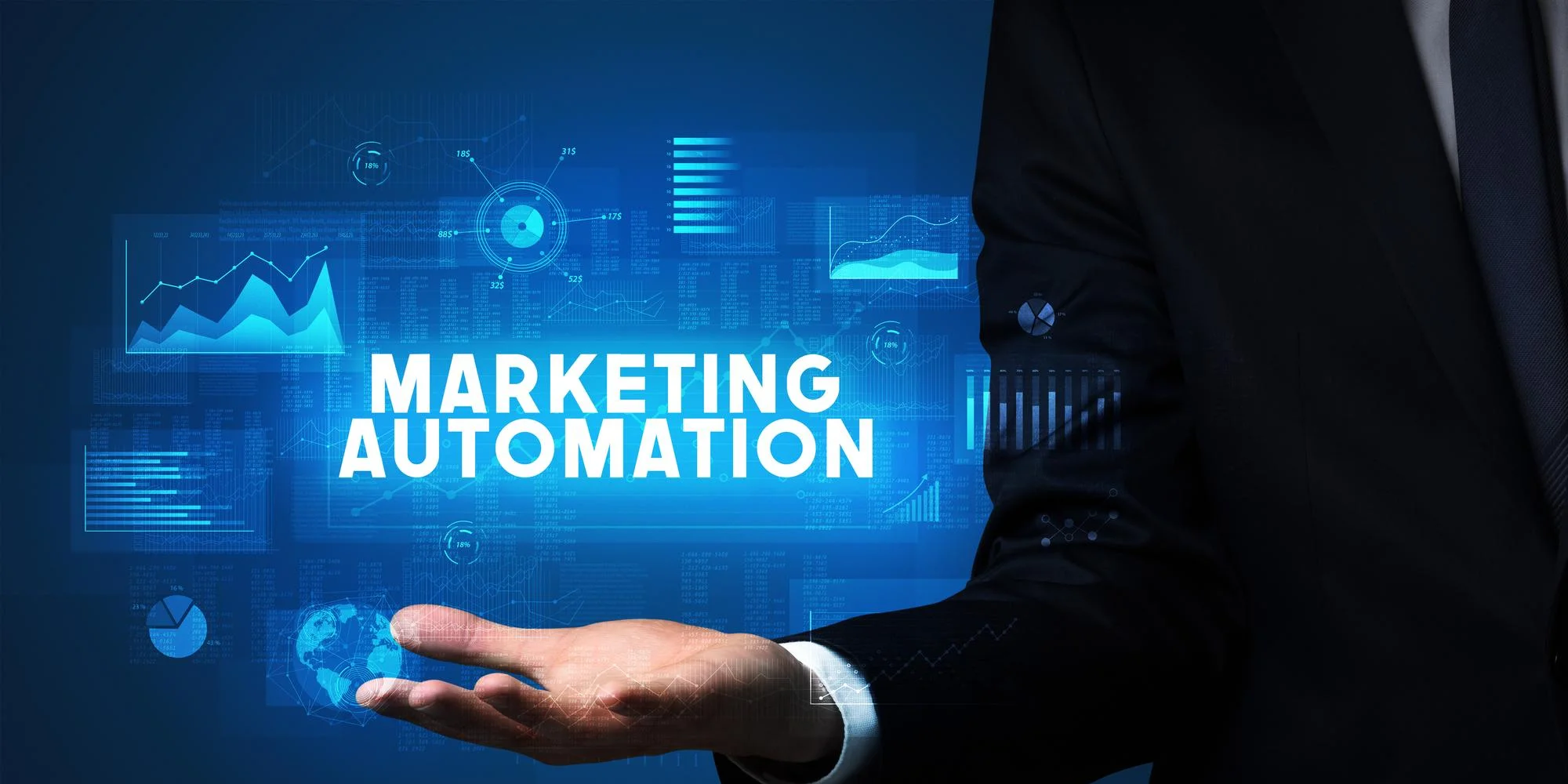
In this article
AI Trends Shaping Marketing Industry in 2022 and Future
In this article
Introduction
The world is evolving at an unprecedented pace due to AI technology continue to mature and unfold. AI-powered technology has already started shaping our marketing world and is estimated that by the end of 2022, 60% of these companies will have AI for generating digital revenue. Artificial intelligence and machine learning as marketing tools are precipitated to bring major shifts in business. So, here are some AI marketing trends which are shaping 2022 to revolutionize the future:
1. Predictive Analytics and Forecasting
Predictive analytics and forecasting are not new marketing trends but as AI continues to advance several tools they are offering accessible data, computing power, and usability to different sized businesses. Through the new tools, marketers can get precise insights about their customer base and identify customer future outcomes more accurately. Predictive modeling has become one of the most valuable innovations in the marketing world as it allows them to foresee the future.
For example, AI can predict answers to questions such as what will be the customer’s future product purchase, their future behavior, and others.
2. Audience Hyper-Segmentation
In the marketing sector, knowledge and understanding of the target audience are very crucial for a successful campaign. Nevertheless, much of this knowledge was based on limited data and assumptions. AI can help marketers effectively accumulate and process huge amounts of data as algorithms in machine learning learn by comb through more and more data to understand the audience. Their ability to make a large number of connections between data points enables them to create hyper-focused segmentation which is entirely based on similarities.

3. Persona Building
Similar to hyper-segmentation of the audience, AI software can build the personas of the buyer. Personas created by AI are not assumptions they are real-time amalgamations of the customer base. It helps marketers find commonalities among the audience which can range from basic information, demographics, to affinities. This can help marketers with insights that can be useful for future strategy. Furthermore, as audiences grow, it optimizes segments in real-time. For example, if a company’s best-performing audience over-indexes as pet lovers. Then marketers of the company can incorporate animals into ad creative.
4. Personalized Ad Serving
Companies can understand the audience in real-time which opens up options to personalize the customers’ ad experience. Major tech industries such as Google and Facebook are utilizing this form for quite some time. These companies serve personalized ads instead of bombarding users with generalized content. This is done by collecting data points in which the machine learning algorithm collects and analysis on an enormous scale with high efficiency.
5. Content Recommendations
Content recommendations offer a great advantage by predicting the interests of the user for the type of content they like to engage with. This helps companies offer customers the exact content they’re looking for by understanding specific recommendations in real-time. This can help marketers serve the justified products to justify customers. For example, companies including YouTube and Netflix have been using content recommendations for years to drive customer engagement and time spent on their platforms.
6. Targeted Timing
Machine learning can process a huge chunk of data into hyper-segmented groups. Similarly, it can also calculate and predict peak customer engagement times. This can help marketers understand when their specific audience has engaged with content in the past. It can also predict what they like most and when are they most likely to be interested in the future. Unlike traditional marketing, machine learning allows marketers to precisely know what time if pivot for customers’ ad experience.
7. Lead Qualification and Scoring
Machine learning is helping marketers with tools to reach out to their audience with a justified message at a justified time. This has led to AI-powered campaigns that targeted timing are optimizing lead qualification and scoring process. The interactions provide the marketer with a wave of data to better qualify and score leads. Real-time data flows into the machine that is processed to learn about the audience and identify high-value leads. Hence, AI programs have become the new standard for lead qualification and scoring.
8. Email Marketing Optimization
Email marketing works similar to lead qualification and scoring, Campaigns use automation platforms and segmented content for a long time but with hyper-segmentation of target groups through machine learning it has reaches an entirely different level. By using a combination of email marketing and machine learning marketers can create multiple versions of a campaign. They can determine certain groups for certain creativity and at a certain time. Furthermore, they can continue to learn new information about their audience to improve results and efficiency.

9. Chatbots
Chatbot had already become popular among marketers for multiple purposes. Chatbots utilize AI to automate responses and provides potential buyers with the justified product or service. These bots are capable of handling unlimited inquiries and are available 24/7. They can store data that is then processed to learn and improve the results.
10. Visual Search
Visual search is becoming increasingly popular among marketers as it utilizes real-world images for online searches. These images are analyzed by machine learning to comprehend context and content to return a list of related results.
For example, tools such as Google Lens and Pinterest Lens can successfully identify over a billion images. So the buyer post of photo of an item and searches it can directly bring them to a product page. Visual search still has a long way to go unlike voice search, however, it has the potential to become a very powerful tool in 2022 and beyond.
Conclusion:
In the above AI trends, some are into the development phase but most of them are already being used, however, learning for these machines is a constant process. These AI-powered tools are changing the marketing industry and increasing competition more than ever. It has become very crucial to implement and utilize such tools for bettering their strategies and reaching out to their audiences.
Tech Insights Digest
Sign up to receive our newsletter featuring the latest tech trends, in-depth articles, and exclusive insights. Stay ahead of the curve!



